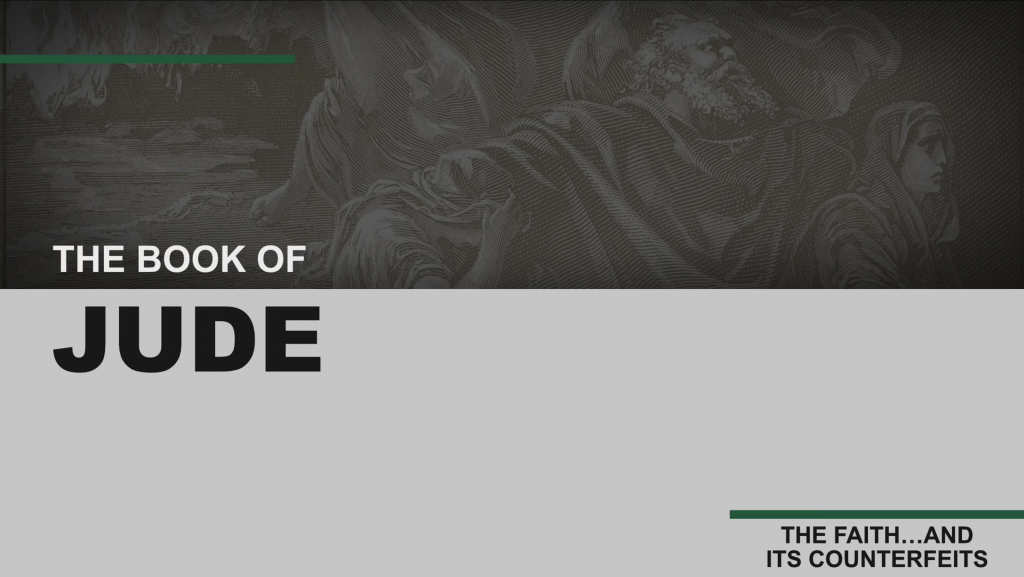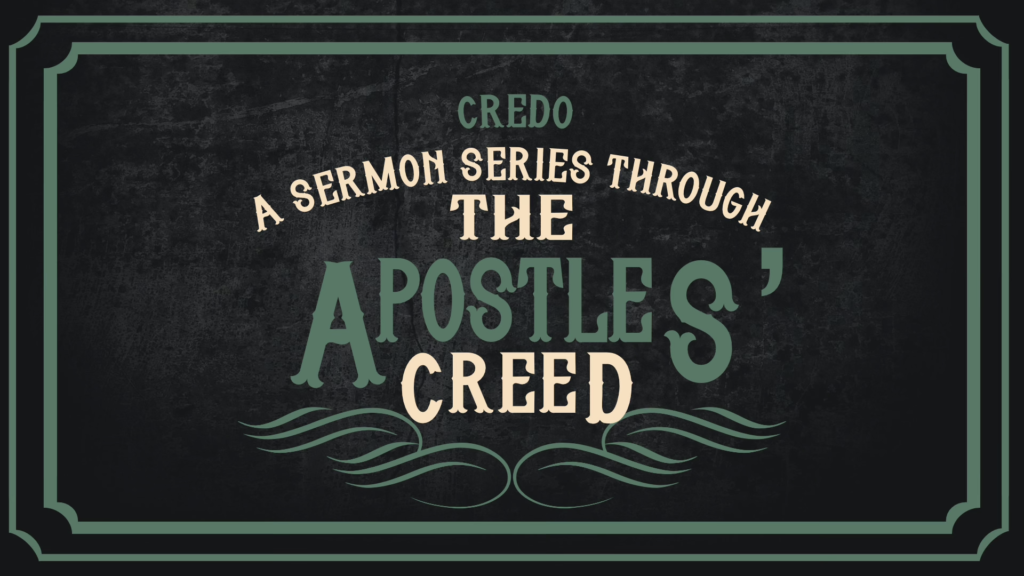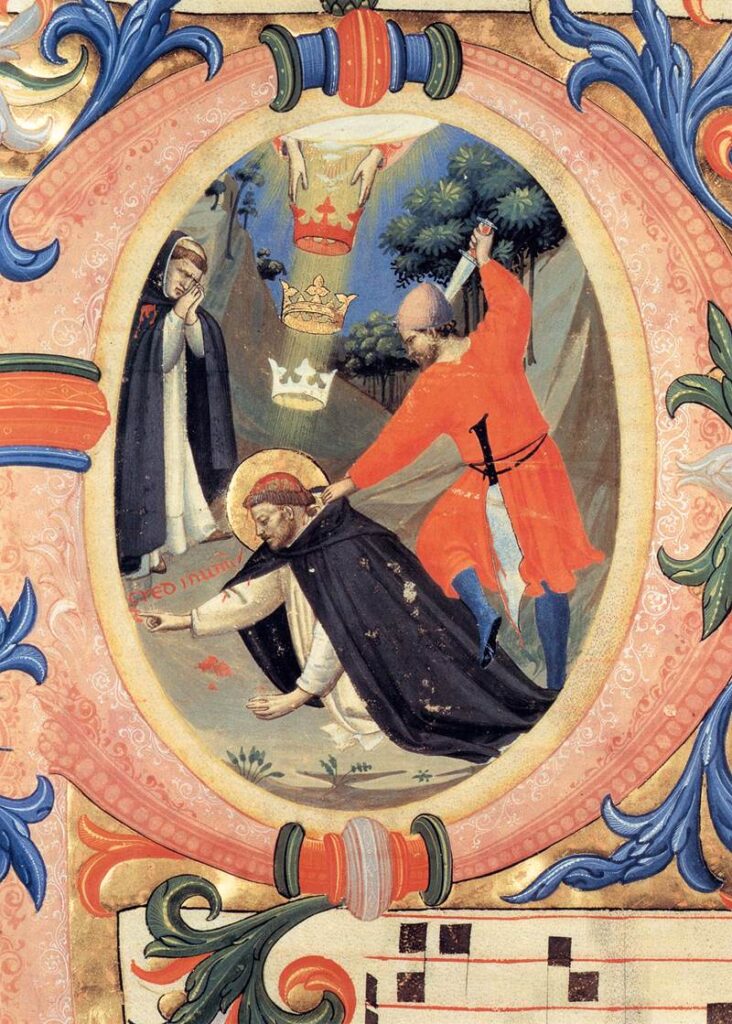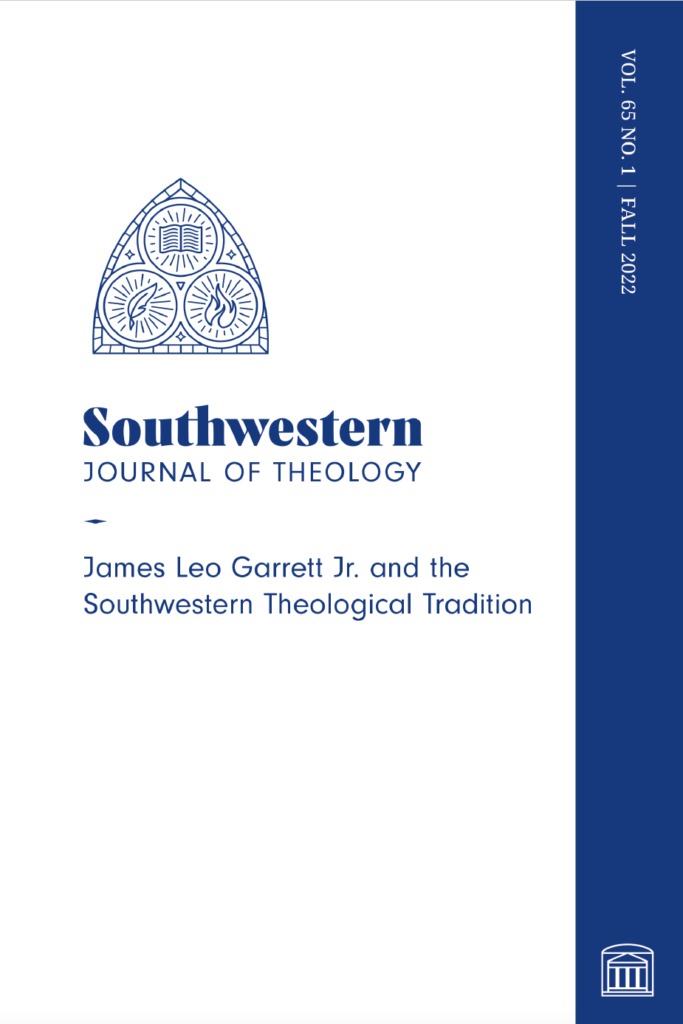
Jude
12 These are hidden reefs at your love feasts, as they feast with you without fear, shepherds feeding themselves; waterless clouds, swept along by winds; fruitless trees in late autumn, twice dead, uprooted; 13 wild waves of the sea, casting up the foam of their own shame; wandering stars, for whom the gloom of utter darkness has been reserved forever. 14 It was also about these that Enoch, the seventh from Adam, prophesied, saying, “Behold, the Lord comes with ten thousands of his holy ones, 15 to execute judgment on all and to convict all the ungodly of all their deeds of ungodliness that they have committed in such an ungodly way, and of all the harsh things that ungodly sinners have spoken against him.” 16 These are grumblers, malcontents, following their own sinful desires; they are loud-mouthed boasters, showing favoritism to gain advantage.
In 1997, the Haitian death squad leader and mass murderer Emmanuel “Toto” Constant was interviewed by British journalist and author Jon Ronson. Ronson writes about this interview in his fascinating book, The Psychopath Test. Constant founded a death squad in Haiti called FRAPH that launched a reign of terror against supporters of the former Haitian president, Jean-Bertrand Aristide. FRAPH, under Toto’s direction, was brutal. Jonson writes:
According to human rights groups like the Center for Constitutional Rights and Human Rights Watch, when FRAPH caught an Aristide supporter, they’d sometimes slice off the person’s face. When a group of Aristide supporters holed up in a shantytown called Cité Soleil, Constant’s men turned up with gasoline—this was December 1993—and burned the place to the ground. At one point that day some children tried to run away from the fire. The men from FRAPH caught them and forced them back inside their burning homes. There were fifty murders that day, and many other bloodbaths during Constant’s reign. In April 1994, for example, FRAPH men raided a harbor town, Raboteau, another center of Aristide support. They arrested and beat and shot and dunked into the open sewers all the residents they could catch. They commandeered fishing boats so they could shoot people fleeing across the sea.
The modus operandi of FRAPH was to team up with members of the Haitian Armed Forces in midnight raids of the poorest neighborhoods of Port-au-Prince, Gonaives and other cities. In a typical raid, the attackers would invade a house in search of evidence of pro-democracy activity, such as photos of Aristide. The men of the house would frequently be abducted and subjected to torture; many would be summarily executed. The women would frequently be gang-raped, often in front of the remaining family members. The ages of documented victims range from as young as 10 to as old as 80. According to witness reports, sons were forced at gunpoint to rape their own mothers.[1]
Constant was arrested in the United States and imprisoned but, after insinuating that he could prove CIA involvement in his activities, he was released by American authorities, given a green card, and told that his punishment was that he could not leave the burrough of Queens in New York except to check in with immigration services one hour each week in Manhattan.
It was in Queens that Ronson interviewed Toto. He said the interview was strange and surreal. He asked Toto what he did all day and Toto took him to a room in which was something that surprised Jon Ronson a great deal.
We climbed the stairs. I looked apprehensively behind me. We reached a doorway. He opened it. I took in the room.
On every table, every surface, there were the kinds of tiny plastic figures that come free with McDonald’s and Burger King promotions—little Dumbos and Goofys and Muppets from Space and Rugrats and Batmen and Powerpuff Girls and Men in Black and Luke Skywalkers and Bart Simpsons and Fred Flintstones and Jackie Chans and Buzz Lightyears and on and on.
We looked at each other.
“What impresses me most about them is the artistry,” he said.
“Do you arrange them into battalions?” I asked.
“No,” he said. There was a silence.
“Shall we go?” he murmured, I think regretting his decision to show me his army of plastic cartoon figurines.[2]
Throughout the interview, Toto utterly denied that he had ever done anything wrong. He called all of the accusations lies. Then, to Ronson’s surprise, he pretended, badly, to cry. Ronson says the ruse was obvious.
As their time together ended, Ronson and the mass murderer went to the door of the apartment building in Queens. What Ronson writes next is somehow strangely chilling.
Our time together ended soon afterward. He showed me to his door, the epitome of good manners, laughing, giving me a warm handshake, saying we’ll meet again soon. Just as I reached my car I turned around to wave again, and when I saw him, I felt a jolt pass through me—like my amygdala had just shot a signal of fear through to my central nervous system. His face was very different, much colder, suspicious. He was scrutinizing me hard. The instant I caught his eye, he put on that warm look again. He grinned and waved. I waved back, climbed into the car, and drove away.[3]
For some reason, this little scene has frightened me since the first time I read it. Ronson looking back and catching the domesticated, living-in-Queens, friendly, amiable, prone-to-tears, happy-meal-toy-loving Constant Toto staring at him with a contorted and hostile face is very jarring.
For a moment, Toto’s mask slipped, and Ronson caught it!
There is something here we must understand: Some men who like the toys in happy meals also like burning men, women, and children alive. Some men who live in apartment buildings and will sit and laugh with you will also send out death squads to murder and to maim. Some men who pretend to cry will laugh when at unspeakable horrors.
Brothers and sisters, some men wear masks, and, if you are diligent, you can see the horror beneath the smile.
Jude paints a similar picture of heretics. In Jude, he is going to talk about the mask that heretics wear but also about the shocking reality that the mask hides. He is going to do this through a series of metaphors, and it is vitally important that we heed what he says.
Continue reading →





